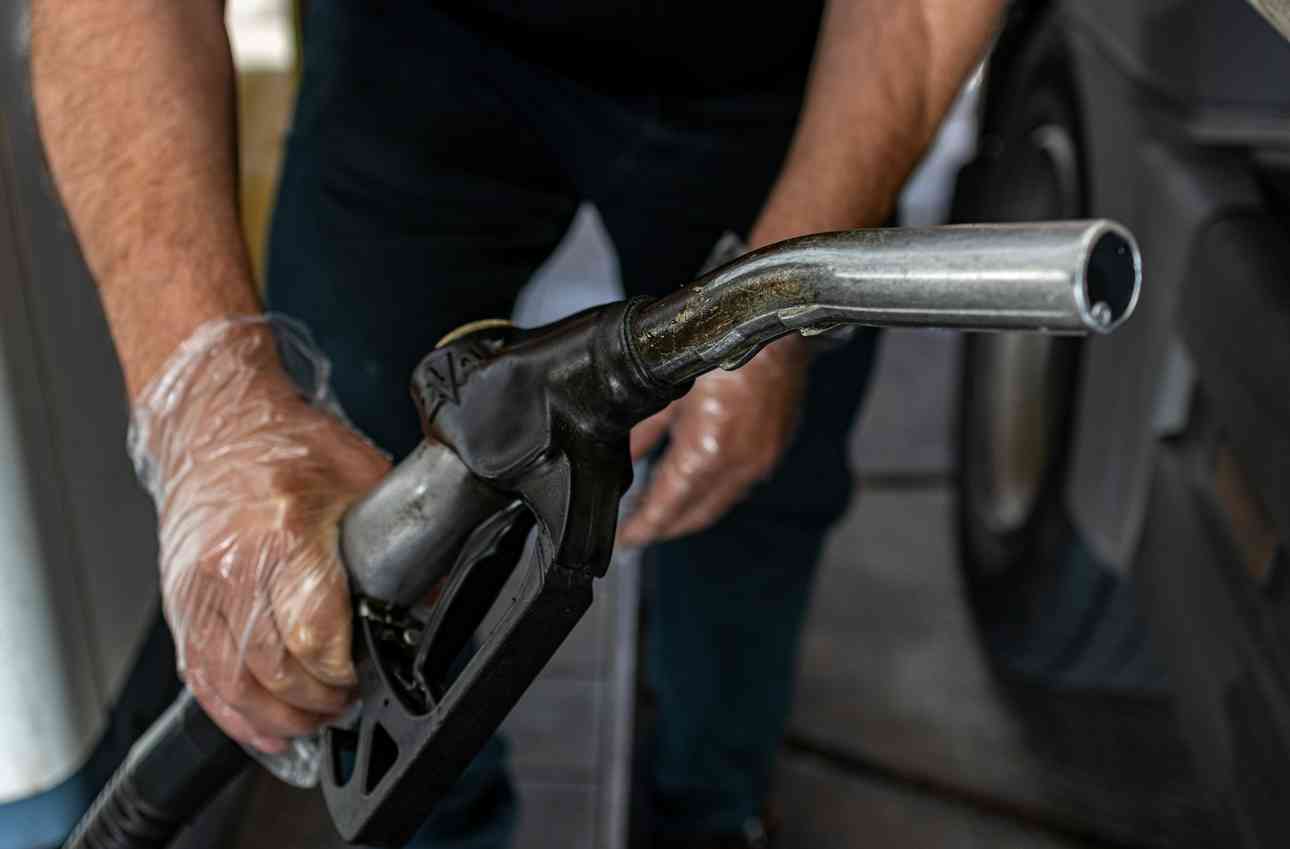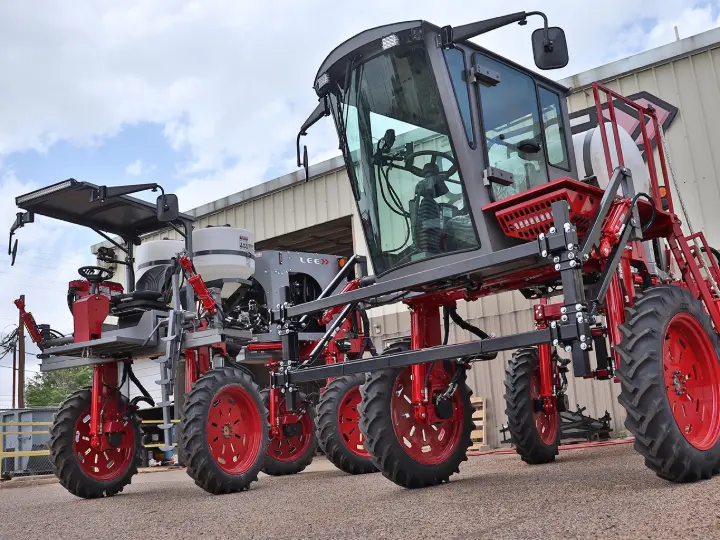Choosing Diesel or Gasoline: Fueling Your Knowledge

What Makes Diesel So Different From Gasoline?
Diesel and gasoline differ significantly in efficiency, durability, and impact on engine wear. Diesel has a texture similar to that of light oil and serves as a natural lubricant, which helps to minimize engine wear and promotes smoother functioning. It also becomes thinner at elevated temperatures, improving its effectiveness. Diesel’s higher energy density enables it to produce more energy with less fuel, making it about 20% more fuel-efficient than gasoline. Additionally, Diesel engines operate at lower RPMs and depend on increased compression ratios, leading to improved combustion and thermal efficiency while avoiding the possibility of uncontrolled explosions.
Gasoline is more acidic and solvent-like, which causes corrosion and roughening of engine surfaces, leading to increased wear and tear. Its lower compression ratio limits combustion efficiency, and the stop-and-go nature of gasoline-powered vehicles in urban settings contributes to higher fuel consumption.


Diesel’s properties offer superior efficiency and longevity, making it more suitable for heavy-duty applications such as the LEE Predator. At the same time, gasoline remains prevalent for lighter usage, such as the LEE Spider Classic.

Choosing Diesel or Gasoline: Fueling Your Knowledge